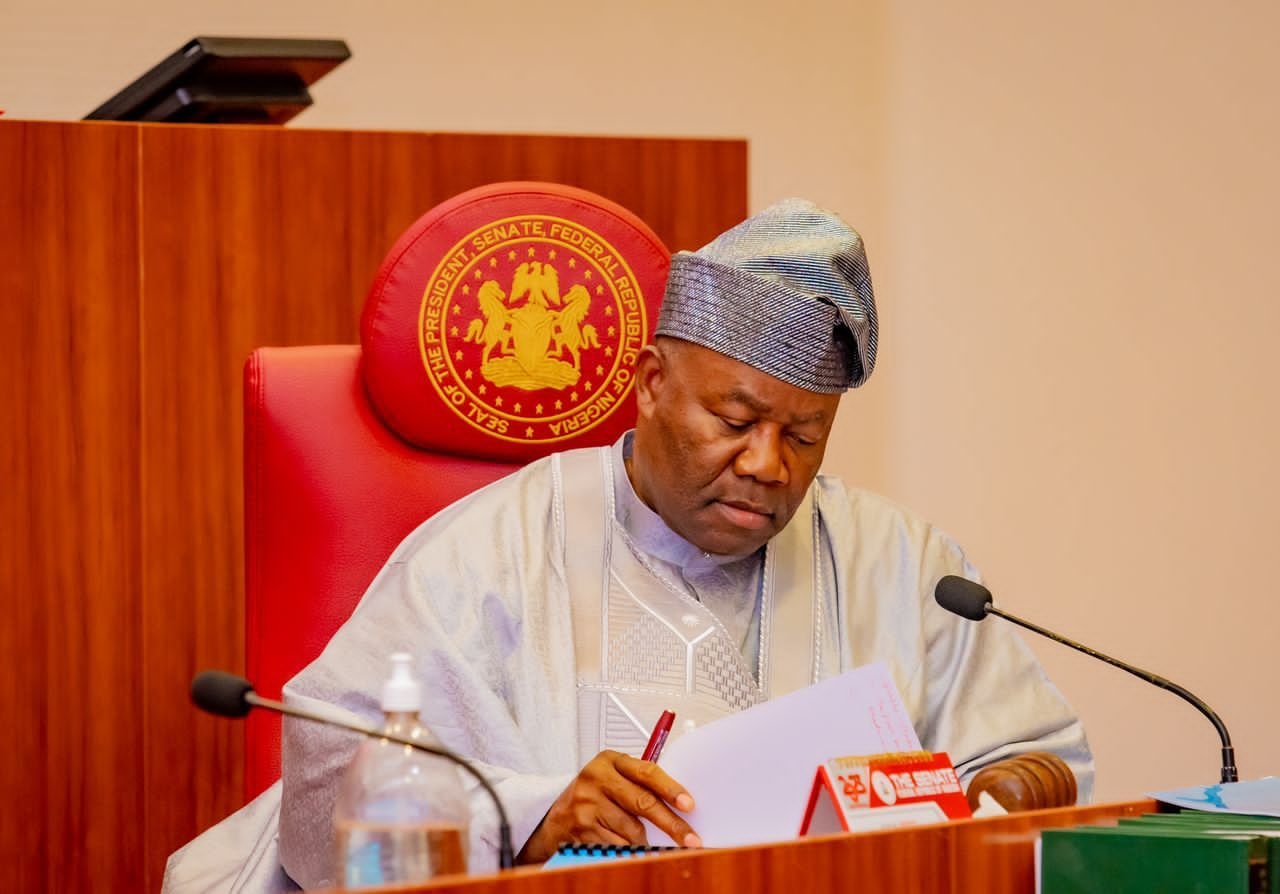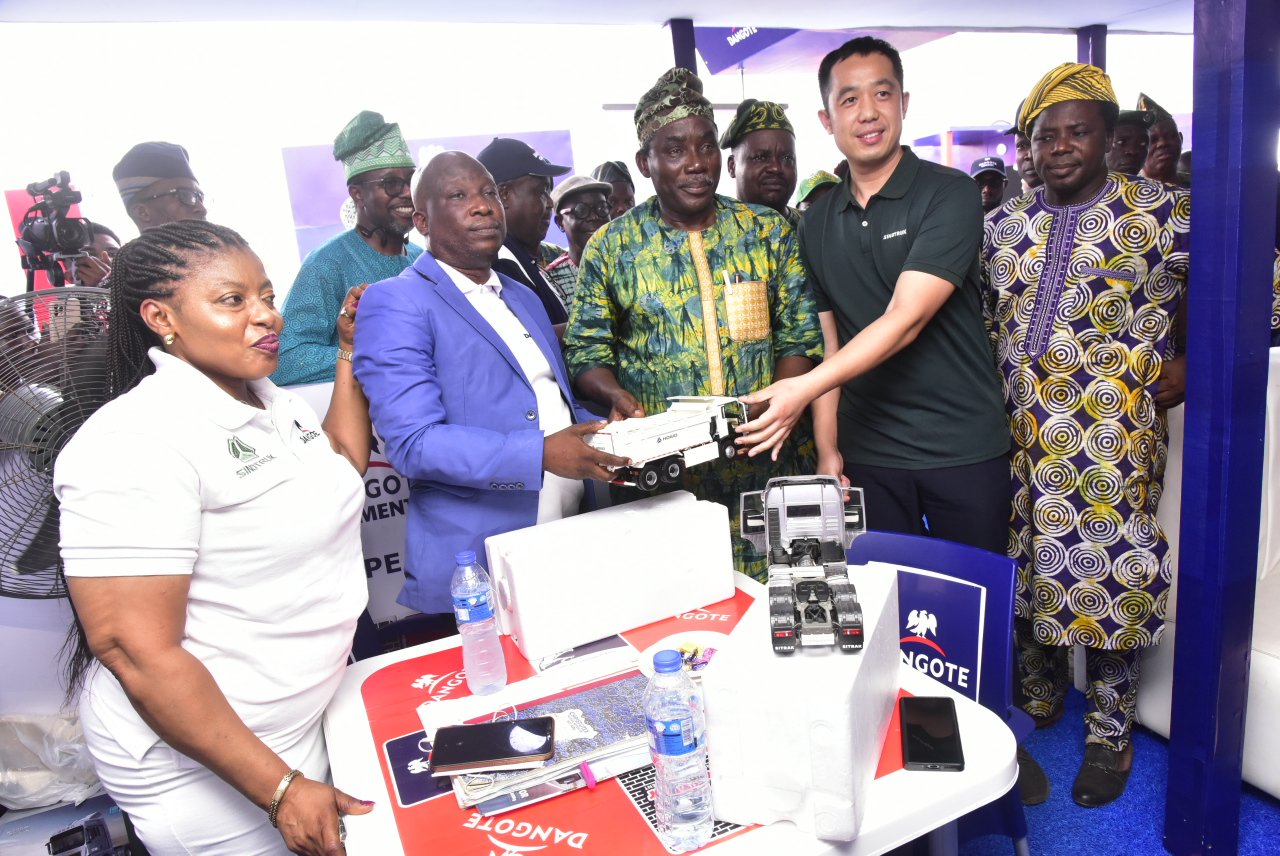By Godswill Odiong
The Executive Director, SPACES FOR CHANGE, S4C, Victoria Ibezim-Ohaeri, has observed that the International Oil Companies, IOCs, and other operators, have remained unchanged in their demand as far as Nigeria’s Petroleum Industry Bill, PIB, is concerned.
Ibezim-Ohaeri, who was the Guest speaker, at the virtual engagement organized by The Daily, www.thedaily-ng.com targeted at increasing awareness, mobilizing support, and enriching the ongoing discourse as well as bringing about an early passage of the bill that is currently before the National Assembly, said: “I participated in all the public hearings on the PIB since 2012. I also participated in the public hearing held a few days ago. From my observation, there is no major departure from the official tradition of stakeholder engagement. The same contentious issues that dominated legislative proceedings many years ago remain fresh.
“For instance, oil companies are still worried about the tax regime, and still asking for a 5-year tax holiday for development projects, and still resisting additional gas obligations on operators. Host communities are still demanding greater environmental protection and insisting on better deals in the form of equitable stakes and opportunities for increased participation in the industry governance and benefits.
“NGOs and CSOs still want to have a say in what happens in the sector and the national parliament is not playing the ball. So, it remains to be seen whether the current administration will do anything differently from the previous administrations to pass the PIB.”
On the problems associated with the passage of the PIB, She said: “I think it is the lack of political will and vested interests. That’s the summary.”
However, commenting on the current efforts targeted at passing it into law, She, said: “Well, the renewed effort I see is the growing acceptance of certain issues that caused tension before. For instance, during the 2012 public hearing, a lot of people esp from oil companies and the north opposed the Host Community Development Trust. But today, the conversation about Host Community Trust Fund has shifted to community representation, the structure of the fund, equity stakes, and what have you. This shift, in my view, represents the willingness of stakeholders to make concessions to see the bill passed.”
– Follow the link below to read the full discourse
PIB: Many Promises, Failures & Implications on Nigeria’s Oil & Gas Industry



 Subscribe to our Newsletter
Subscribe to our Newsletter




